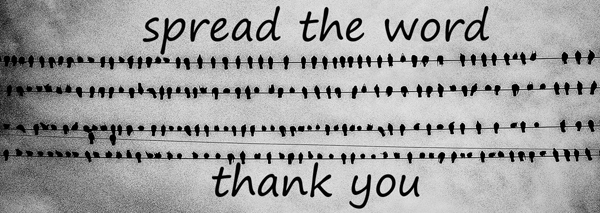
| WELCOME |
 |

comments, ephemera, speculation, etc. (protected political speech and personal opinion) 2021- 2021-07-01 f KNOWN KNOWNS II Supreme Court Upholds Arizona
Ballot Harvesting Restrictions
SCOTUS rules 6-3 in Opinion by Alito. The U.S. Supreme Court just issued its opinion in Brnovich v. Democratic National Committee, upholding Arizona restrictions on ballot harvesting and out-of-district provisional voting. The District Court, after a trial, upheld the law. A 9th Circuit panel upheld that ruling, but then 9th Circuit en banc reversed. In the Petition for Writ of Certiorari, the Arizona Attorney General presented the case as follows: QUESTIONS PRESENTED Arizona, like every other State, has adopted rules to promote the order and integrity of its elections. At issue here are two such provisions: an “out-of-precinct policy,” which does not count provisional ballots cast in person on Election Day outside of the voter’s designated precinct, and a “ballot-collection law,” known as H.B. 2023, which permits only certain persons (i.e., family and household members, caregivers, mail carriers, and elections officials) to handle another person’s completed early ballot. A majority of States require in-precinct voting, and about twenty States limit ballot collection. After a ten-day trial, the district court upheld these provisions against claims under Section 2 of the Voting Rights Act and the Fifteenth Amendment. A Ninth Circuit panel affirmed. At the en banc stage, however, the Ninth Circuit reversed—against the urging of the United States and over two vigorous dissents joined by four judges. The questions presented are: 1. Does Arizona’s out-of-precinct policy violate Section 2 of the Voting Rights Act? 2. Does Arizona’s ballot-collection law violate Section 2 of the Voting Rights Act or the Fifteenth Amendment? After oral argument in early March, the consensus based on the questioning was that the law would be upheld. In the 6-3 Majority Opinion, authored by Justice Alito, the Supreme Court upheld the Arizona law. In these cases, we are called upon for the first time to apply §2 of the Voting Rights Act of 1965 to regulations that govern how ballots are collected and counted. Arizona law generally makes it very easy to vote. All voters may vote by mail or in person for nearly a month before election day, but Arizona imposes two restrictions that are claimed to be unlawful. First, in some counties, voters who choose to cast a ballot in person on election day must vote in their own precincts or else their ballots will not be counted. Second, mailin ballots cannot be collected by anyone other than an election official, a mail carrier, or a voter’s family member, household member, or caregiver. After a trial, a District Court upheld these rules, as did a panel of the United States Court of Appeals for the Ninth Circuit. But an en banc court, by a divided vote, found them to be unlawful. It relied on the rules’ small disparate impacts on members of minority groups, as well as past discrimination dating back to the State’s territorial days. And it overturned the District Court’s finding that the Arizona Legislature did not adopt the ballot-collection restriction for a discriminatory purpose. We now hold that the en banc court misunderstood and misapplied §2 and that it exceeded its authority in rejecting the District Court’s factual finding on the issue of legislative intent. Gorsuch, joined by Thomas, issued a concurring opinion: I join the Court’s opinion in full, but flag one thing it does not decide. Our cases have assumed—without deciding— that the Voting Rights Act of 1965 furnishes an implied cause of action under §2. See Mobile v. Bolden, 446 U. S. 55, 60, and n. 8 (1980) (plurality opinion). Lower courts have treated this as an open question. E.g., Washington v. Finlay, 664 F. 2d 913, 926 (CA4 1981). Because no party argues that the plaintiffs lack a cause of action here, and because the existence (or not) of a cause of action does not go to a court’s subject-matter jurisdiction, see Reyes Mata v. Lynch, 576 U. S. 143, 150 (2015), this Court need not and does not address that issue today. (read more) ______________________ Permission is hereby granted to any and all to copy and paste any entry on this page and convey it electronically along with its URL, ______________________ |
...
News and facts for
those sick and tired of the National Propaganda Radio
version of reality.
|
|||||
|

| If
you let them redefine words, they will control
language. If you let them control language, they will control thoughts. If you let them control thoughts, they will control you. They will own you. |
| © 2020 - 2021 - thenotimes.com - All Rights Reserved |